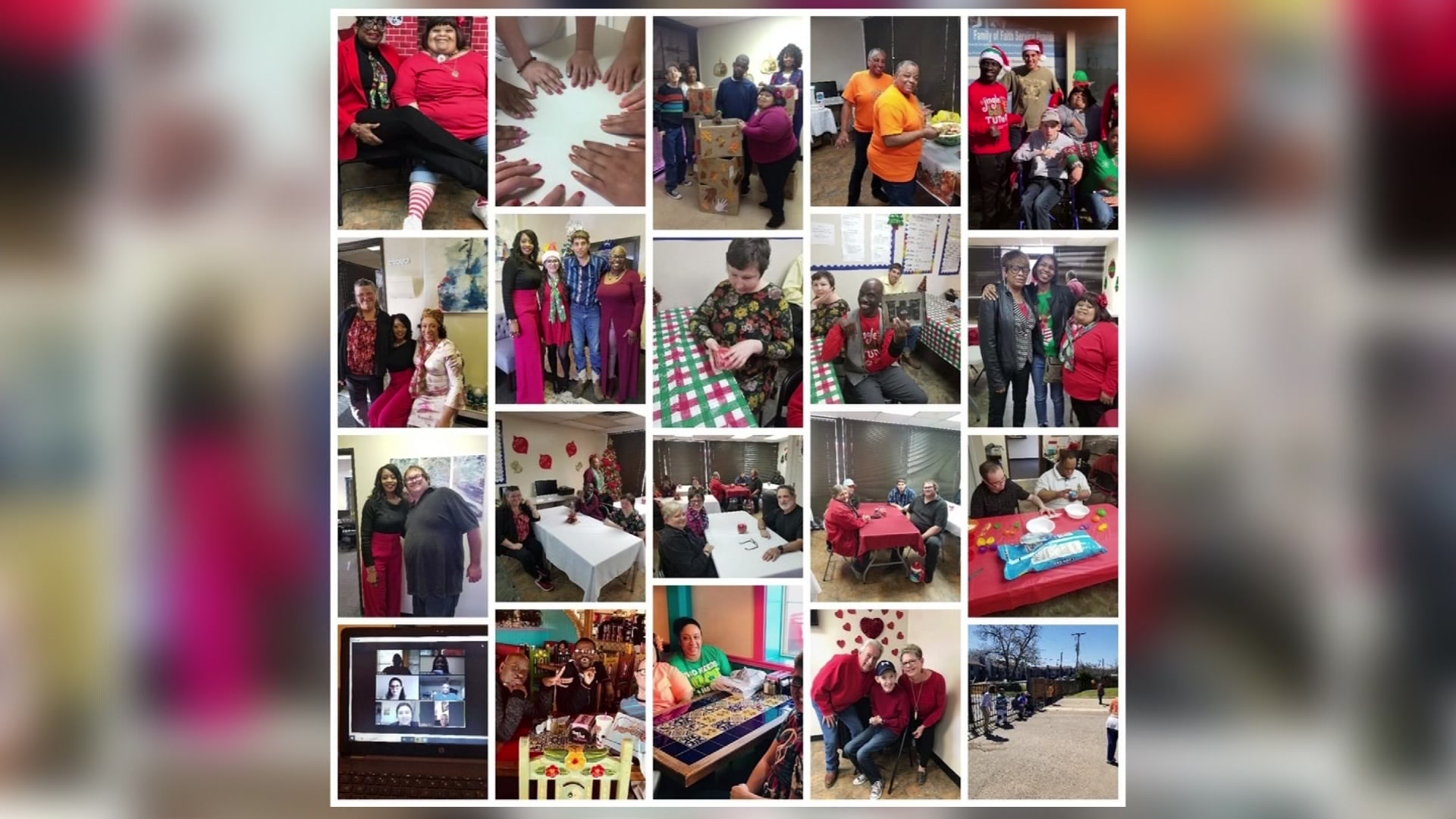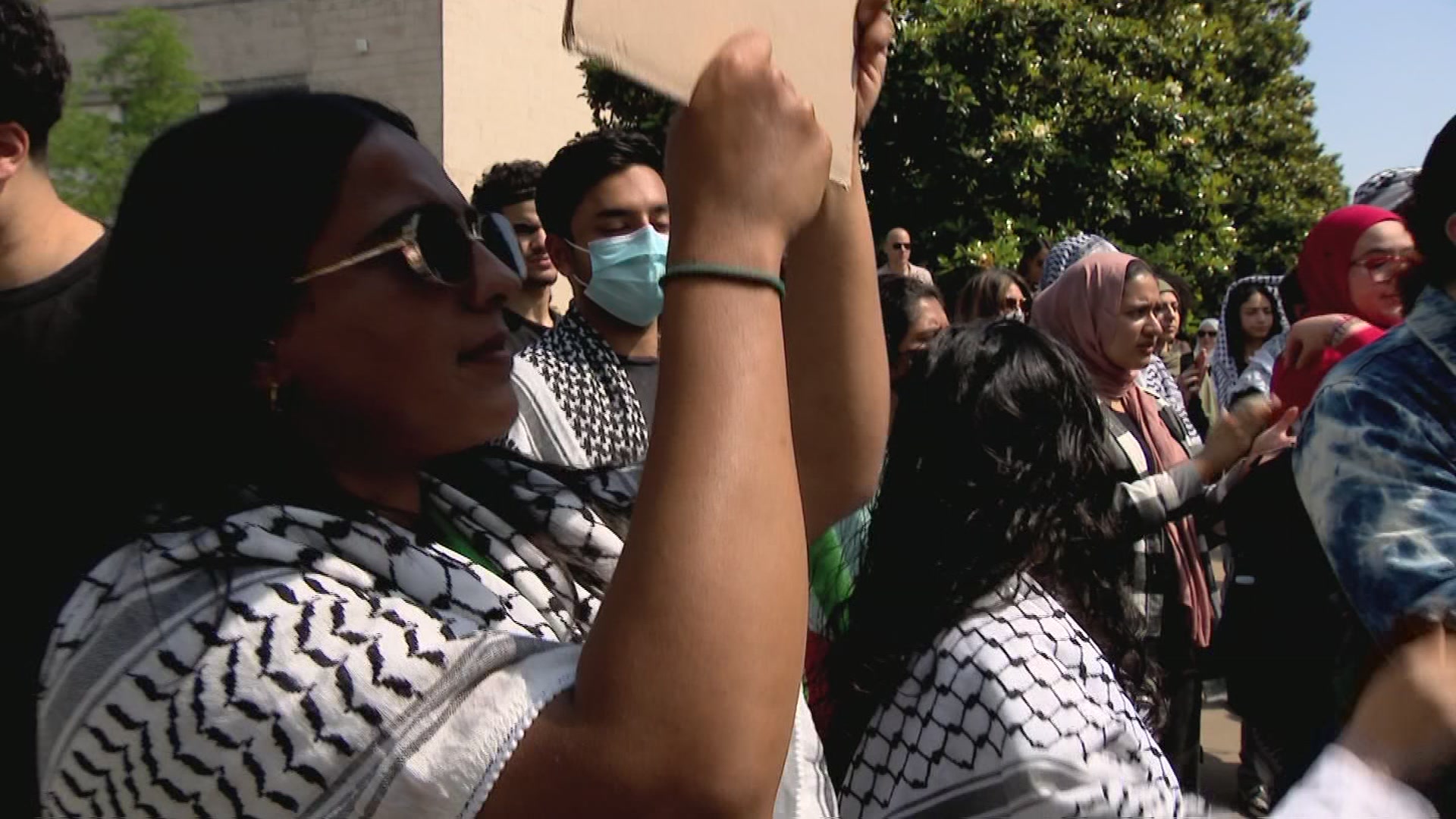When 24-year-old Kelsey Blankenship woke up feeling sick on April 19, she wrote off some flu-like symptoms as allergies.
But a few days later, as her condition worsened, she called her primary care physician for a virtual appointment where she said she was prescribed Tamiflu, cough syrup and a COVID-19 test to administer to herself.
After watching an instructional YouTube video nearly a dozen times, Blankenship stuck the nasal swab up her nose.
Nearly a week later, her doctor’s office called to tell her she’d tested negative.
Still, her symptoms worsened. As she’d waited for results, she’d developed chest pain and eventually a loss of smell.
Her doctor’s office directed her to a drive-up testing site in Frisco where she was given a blood test as well as a professionally administered nasal swab, both of which would also prove negative.
“I knew something wasn’t right and it just frustrated me,” said Blankenship.
Local
The latest news from around North Texas.
Over the next few hours, she said it felt harder and harder to get a breath of air.
After calling her parents in tears, they urged her to call 911. From there, paramedics took her to Baylor Scott and White Centennial where a rapid test showed she was positive for the virus in just 15 minutes.
“It just really is scary that people are walking around and don't know that they're sick when they really are,” said Blankenship.
Earlier this week, Dallas County Health Director Dr. Philip Huang told NBC 5 false negatives are a problem the county’s seen.
"Not all the testing machines are accurate. There are some machines that have more false negatives and that is another consideration. These tests are not all perfect. There is more we are learning in terms of how much it's different if a person is asymptomatic, how accurate the tests are in different stages of infection, things like that. They can affect whether its positive or negative,” said Huang.
In her case, Blankenship believes the first two swabs weren't inserted deep enough into her nasal cavity, especially after feeling the pain associated with the third.
She's also urging those who hear her story to trust their gut.
"You just have to be a self-advocate, especially with these uncertain times,” said Blankenship.



